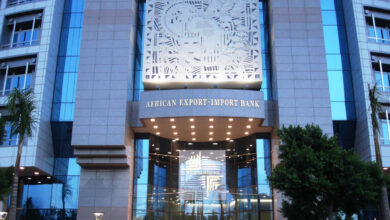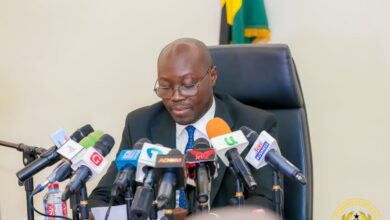IFS Demands Revenue Strategy Reset, Calls for State-Led Extractive Model

The Institute for Fiscal Studies (IFS) has called for a fundamental reset of Ghana’s revenue mobilization strategy, warning that the country’s persistent fiscal challenges cannot be addressed under the current concession-based extractive regime.
Mr. Leslie Dwight Mensah, Senior Research Fellow at IFS, noted that Ghana’s reliance on private-led concessions has consistently delivered inadequate revenue, leaving governments unable to finance ambitious programs. He argued that Ghana should pivot towards active state participation in mining and petroleum or adopt production sharing agreements, which have proven to generate stronger revenues globally.
“Production sharing and majority state participation would not only deliver higher fiscal revenues but also boost foreign exchange inflows and provide a more sustainable foundation for cedi stability,” Mr. Mensah said.
He dismissed the government’s recent Gold Board initiative as insufficient, pointing out that it focuses on trading gold rather than addressing the deeper fiscal gaps tied to resource ownership.
“Trading in gold is not the same as asserting the state’s endowment rights. If Ghana held larger stakes in the extractive sector, the fiscal space would expand without the need for entities like the Gold Board,” he added.
According to the think tank, reforms in the extractive sector could help Ghana move beyond its repeated struggles with underfunded capital projects, arrears accumulation, and reliance on external borrowing. The group emphasized that resource-backed revenues are critical if Ghana is to break its cycle of weak revenue mobilization and fragile public finances.




